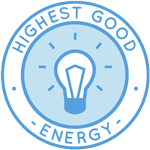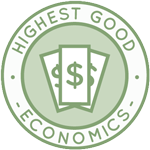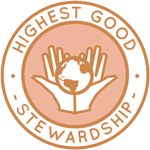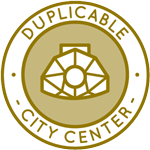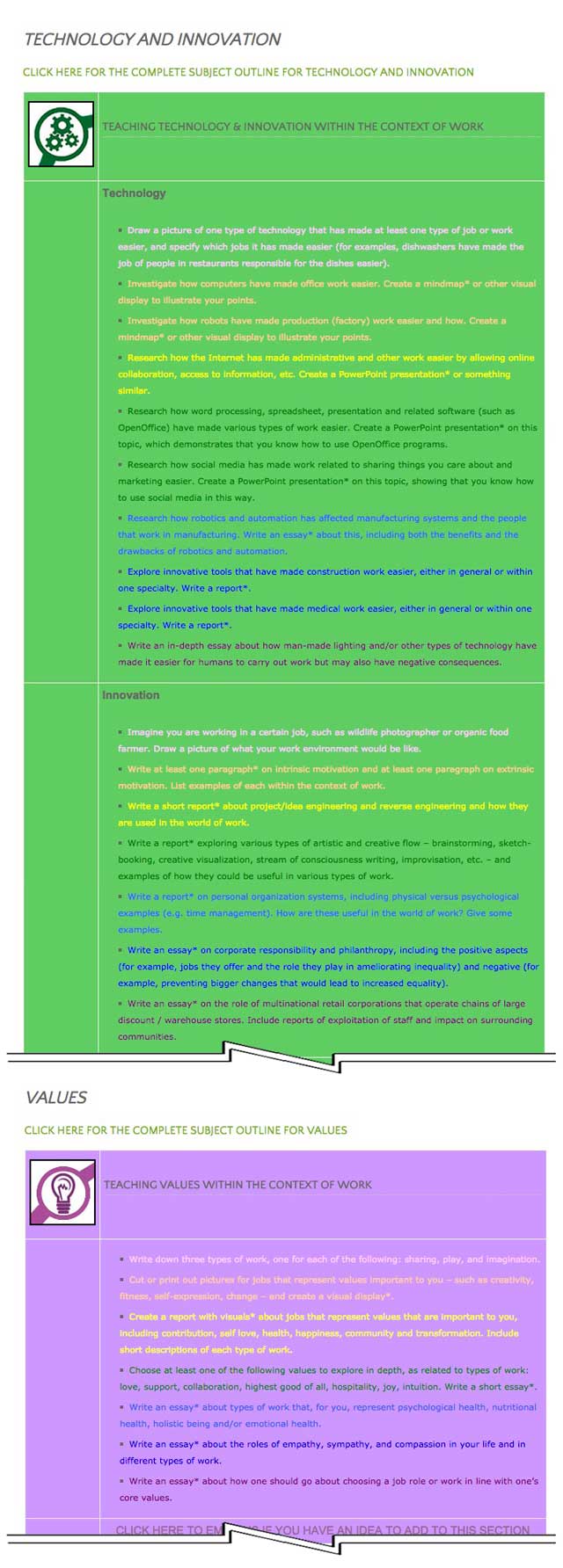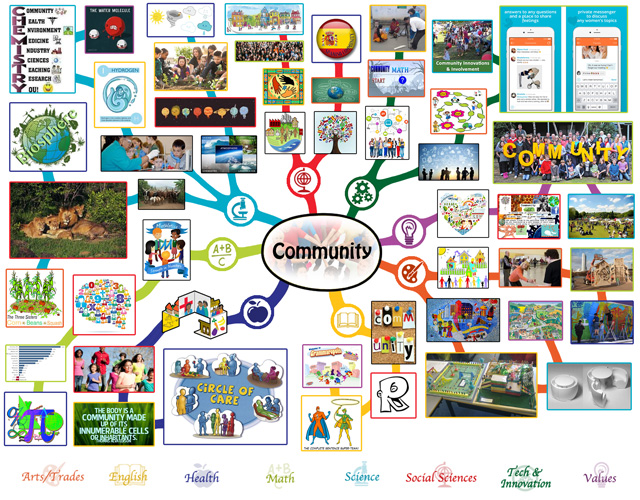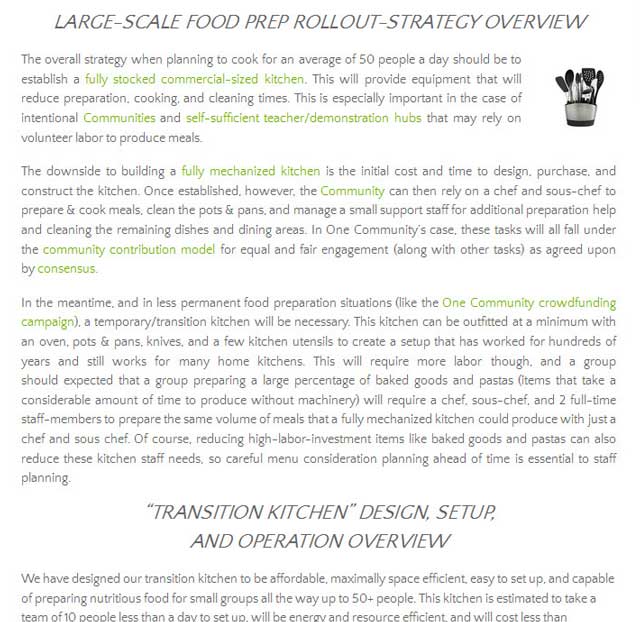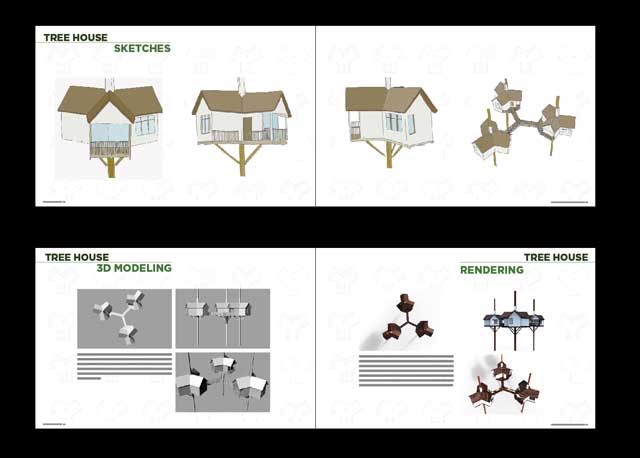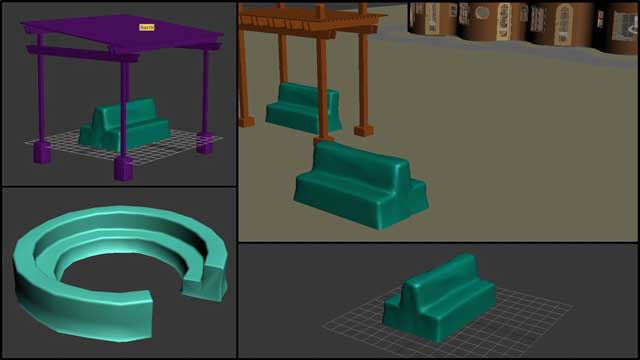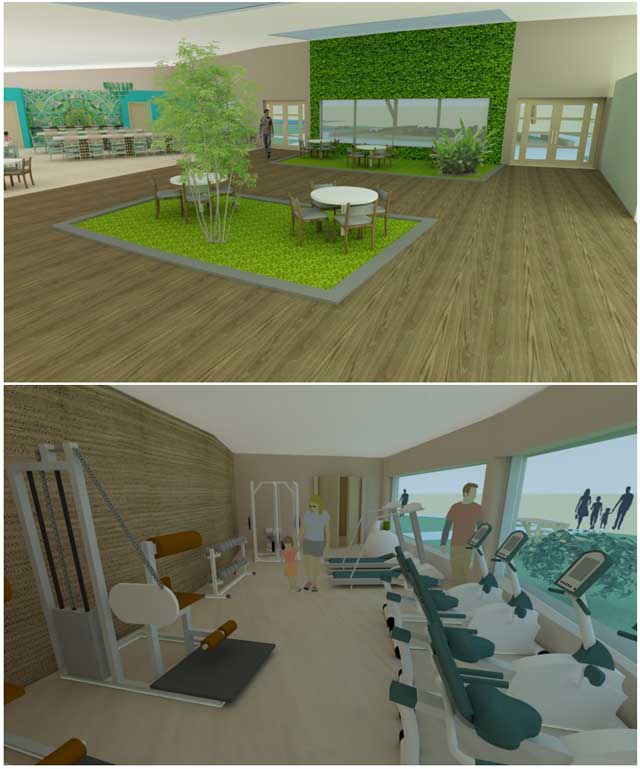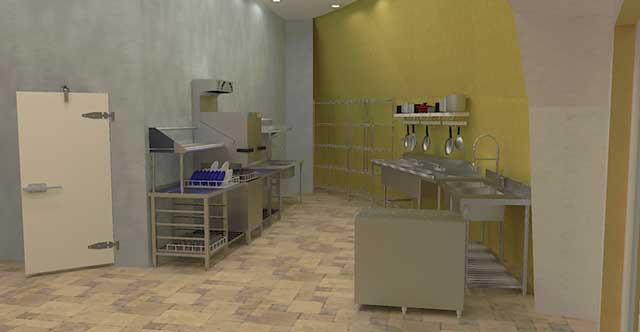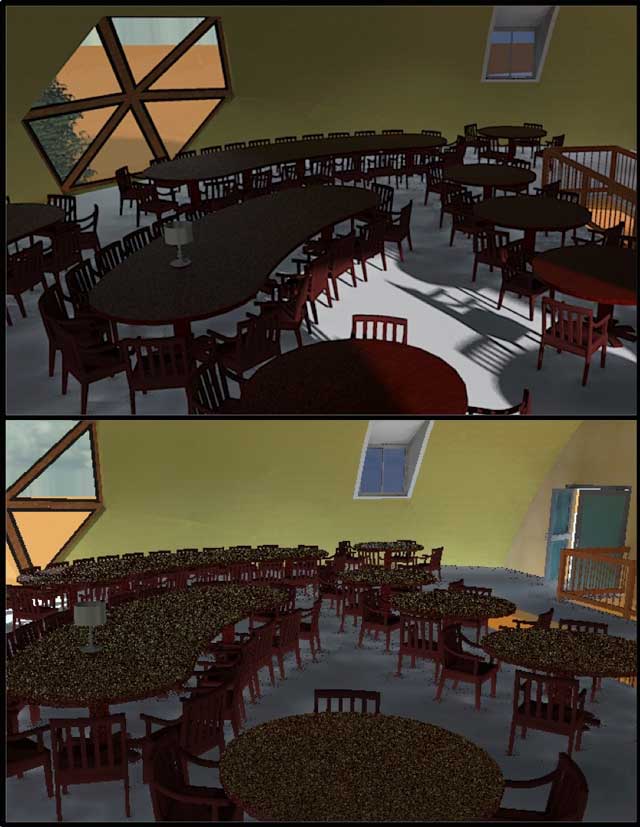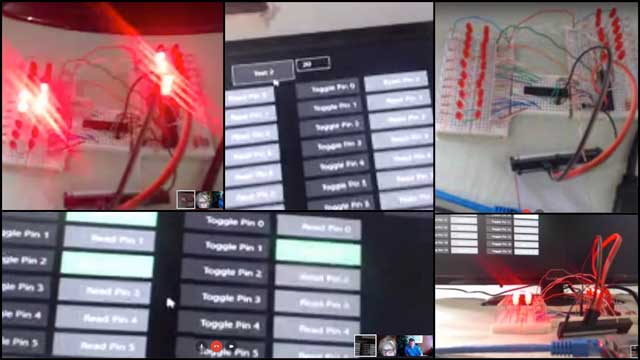Community-Based Eco-Resource Allocation – One Community Weekly Progress Update #153
Community-based eco-resource allocation has the potential to create a sustainable planet for all by offering an improved quality of life through cooperative living in sustainable eco-communities. One Community is open sourcing what will be needed to create a global collaboration of these communities for The Highest Good of All:
- Here’s our project overview
- Here’s our world-change methodology
- Here’s how this becomes self-replicating
- Here’s how we are open source and free-sharing all the do-it-yourself designs

OUR MAIN OPEN SOURCE HUBS
Click on each icon to be taken to the corresponding Highest Good hub page.
One Community’s physical location will forward the movement of community-based eco-resource allocation as the first of many self-replicating teacher/demonstration communities, villages, and cities to be built around the world. This is the February 28th, 2016 edition (#153) of our weekly progress update detailing our team’s development and accomplishments:
Community-Based Eco-Resource Allocation
One Community Progress Update #153
Here is the bullet-point list of this last week’s design and progress discussed in detail in the video above:
COMMUNITY-BASED ECO-RESOURCE ALLOCATION INTRO: @1:03
COMMUNITY-BASED ECO-RESOURCE ALLOCATION HIGHEST GOOD EDUCATION: @1:57
- Transferred final 25% of the written content for the Work Lesson Plan to the website (see below)
- Behind the scenes: wrote the second 25% of the written part of the Cooperation and Collaboration Lesson Plan
- Completed the final 25% of the mindmap for the Community Lesson Plan (see below)
COMMUNITY-BASED ECO-RESOURCE ALLOCATION HIGHEST GOOD FOOD: @3:02
- Completed another round of organizing the streamlined version of our Food Self-sufficiency Transition Plan page, which includes contributions provided by Naturopathic Doctor Matt Marturano (see below)
COMMUNITY-BASED ECO-RESOURCE ALLOCATION HIGHEST GOOD HOUSING: @3:57
- Behind the scenes: Put another 10 hours into the revision for the Footers, Foundations and Flooring page for the upcoming crowdfunding campaign (see below)
- Behind the scenes: Added an additional 7% of edits and content to the Tree House Village (Pod 7) presentation begun by the Intern Team over the summer (see below)
- Dean Scholz further developed what’s necessary for us to create quality Cob Village (Pod 3) renders (see below)
- Brianna Johnson continued evolving the renders for the Straw Bale Village (Pod 2) (see below)
COMMUNITY-BASED ECO-RESOURCE ALLOCATION DUPLICABLE CITY CENTER: @5:39
- Continued the process of learning how to do our own renders for the Duplicable City Center (see below)
- Began working on the Dining Dome second-floor rendering by selecting items and table lights and developing the shadows, floor and background (see below)
- Bupesh Seethala started to work with the Natural Pool and Spa details (see below)
- Behind the scenes: Mike Hogan and Lucas Tsutsui da Silva continued development of the Control Systems main panel (see below)
COMMUNITY-BASED ECO-RESOURCE ALLOCATION HIGHEST GOOD SOCIETY: @7:01
- Continued working on a complete update of the One Community Business plan (see below)
- Jacky Tustain also continued helping us convert the LEED Certification research done by Matheus Manfredini into a webpage (see below)
COMMUNITY-BASED ECO-RESOURCE ALLOCATION SUMMARY: @7:53
- How you can most help us right now and how anyone can help
CLICK HERE IF YOU’D LIKE TO RECEIVE AN EMAIL EACH WEEK WHEN WE RELEASE A NEW UPDATE
YOU CAN ALSO JOIN US THROUGH SOCIAL MEDIA
ONE COMMUNITY WEEKLY UPDATE DETAILS
COMMUNITY-BASED ECO-RESOURCE ALLOCATION HIGHEST GOOD EDUCATION PROGRESS
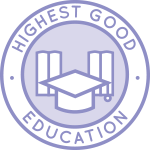 One Community is facilitating community-based eco-resource allocation through Highest Good education that is for all ages, applicable in any environment, adaptable to individual needs, far exceeds traditional education standards, and more fun for both the teachers and the students:
One Community is facilitating community-based eco-resource allocation through Highest Good education that is for all ages, applicable in any environment, adaptable to individual needs, far exceeds traditional education standards, and more fun for both the teachers and the students:
- Learn about the components: Education open source hub
- Learn how the components work together: How to use the Education for Life Program
This last week the core team transferred the final 25% of the written content for the Work Lesson Plan to the website, as you see here. This lesson plan purposed to teach all subjects, to all learning levels, in any learning environment, using the central theme of “Work” is now 100% complete on our website.
Behind the scenes, we wrote the second 25% of the written part of the Cooperation and Collaboration Lesson Plan.
We also completed the final 25% of the mindmap for the Community Lesson Plan, which you see here:
COMMUNITY-BASED ECO-RESOURCE ALLOCATION – HIGHEST GOOD FOOD PROGRESS
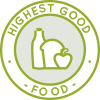 One Community is facilitating community-based eco-resource allocation through Highest Good food that is more diverse, more nutritious, locally grown and sustainable, and part of our open source botanical garden model to support and share bio-diversity:
One Community is facilitating community-based eco-resource allocation through Highest Good food that is more diverse, more nutritious, locally grown and sustainable, and part of our open source botanical garden model to support and share bio-diversity:
- Learn about the structures: Hoop House Hub | Aquapini & Walipini Open Source Hub
- See what we’ll be growing: Gardens & Hoop Houses | Large-scale Structures | Food Forest | TA
This last week the core team completed another round of organizing the streamlined version of our Food Self-sufficiency Transition Plan page, which includes contributions provided by Naturopathic Doctor Matt Marturano (creator of the COHERENT model for comprehensive digestive health). This week we had an additional pioneer proofread and edit the page. The page is now approximately 98% complete.
COMMUNITY-BASED ECO-RESOURCE ALLOCATION -HIGHEST GOOD HOUSING PROGRESS
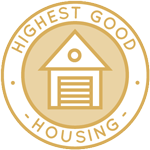 One Community is facilitating community-based eco-resource allocation through Highest Good housing that is artistic and beautiful, more affordable, more space efficient, lasts longer, DIY buildable, and constructed with healthy and sustainable materials:
One Community is facilitating community-based eco-resource allocation through Highest Good housing that is artistic and beautiful, more affordable, more space efficient, lasts longer, DIY buildable, and constructed with healthy and sustainable materials:
- Learn about: Our Upcoming Crowdfunding Campaign
- Learn about the different village models: 7 Sustainable Village Models
- Visit the open source portals for the first two: Earthbag Village OS Hub | Straw Bale Village OS Hub
This last week the core team put another 10 hours into the behind-the-scenes revision for the Footers, Foundations and Flooring page for the crowdfunding campaign we are developing. This week’s focus was reviewing, editing, and inserting title steps for Section 8 (Compass Installation) and Section 9 (Bag Preparation and Filling), including additional narrative added to Section 9. We’d say we are now 70% complete with this total update and rewrite behind the scenes.
Behind the scenes, we also added an additional 7% of edits and content to the Tree House Village (Pod 7) presentation begun by the Intern Team over the summer, including rewriting the text in the final few sections, final formatting and last revisions. You can see an example of this work here, bringing us to 99% finished and the presentation is soon to be added to the site!
Dean Scholz, Architectural Designer, further developed what’s necessary for us to create quality Cob Village (Pod 3) renders. Here is update 8.0 of this work that focused on the cob bench designs you see here.
Brianna Johnson (Interior Designer), also continued evolving the renders for the Straw Bale Village (Pod 2). What you see here are initial test renders of the dining area looking North and the exercise facility:
COMMUNITY-BASED ECO-RESOURCE ALLOCATION – DUPLICABLE CITY CENTER PROGRESS
![]() One Community is facilitating community-based eco-resource allocation through a Duplicable and Sustainable City Center that is LEED Platinum certified/Sustainable, can feed 200 people at a time, provide laundry for over 300 people, is beautiful, spacious, and saves resources, money, and space:
One Community is facilitating community-based eco-resource allocation through a Duplicable and Sustainable City Center that is LEED Platinum certified/Sustainable, can feed 200 people at a time, provide laundry for over 300 people, is beautiful, spacious, and saves resources, money, and space:
- Learn about this building and it’s function: Duplicable City Center Open Source Hub
This week the core team continued the process of learning how to do our own renders for the Duplicable City Center. What you see here is the kitchen washing area rendering with our new additions being selecting items, setting lights, and setting materials’ properties.
We also began working on the Dining Dome second-floor rendering by selecting items and table lights and developing the shadows, floor and background.
Bupesh Seethala (Interior Designer) also started to work with the Natural Pool and Spa details. Here is a slope analysis and one of the designs we explored (left pic) as we began working on the specifics for a children’s wading area (right pic).
Behind the scenes Mike Hogan (Automation Systems Developer and Business Systems Consultant) and Lucas Tsutsui da Silva (4th-year Computer Engineering Student) continued development of the Control Systems main panel. What you see here is Lucas recreating Mike’s design and demonstrating that he solved a software problem Mike had been working on for several weeks.
COMMUNITY-BASED ECO-RESOURCE ALLOCATION – HIGHEST GOOD SOCIETY PROGRESS
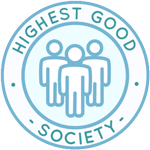 One Community is facilitating community-based eco-resource allocation through a Highest Good society approach to living that is founded on fulfilled living, the study of meeting human needs, Community, and making a difference in the world:
One Community is facilitating community-based eco-resource allocation through a Highest Good society approach to living that is founded on fulfilled living, the study of meeting human needs, Community, and making a difference in the world:
- Read the Highest Good society overview: Highest Good Society
- Learn about the model for fulfilled living and sharing: A Day in the Life
- Learn about the 4 economic models: RBE | For-profit | Non-profit | Entrepreneurship
- Learn about our open source community collaboration and management software: The Highest Good Network
This last week the core team continued working on a complete update of the One Community Business plan. What you see here is our 4th week of reformatting the plan on a GoogleDoc for easier collaboration and sharing. We’d say we are about 25% done with the complete rewrite and update.
Jacky Tustain (Project Manager) also continued helping us convert the LEED Certification research done by Matheus Manfredini (Civil Engineering Student and Urban Design Coordinator) into a webpage. Here are the 4th round of pictures of this LEED Tutorial page developing on the site, continuing with formatting and content editing. We’d say we’re about 50% complete with this tutorial.
AND WE PRODUCED THIS WEEKLY UPDATES BLOG – CLICK HERE TO SUBSCRIBE
FOLLOW ONE COMMUNITY’S PROGRESS (click icons for our pages)
INVESTOR PAGES
GET INVOLVED
CONSULTANTS | WAYS ANYONE CAN HELP | MEMBERSHIP
CLICK HERE FOR ALL PAST UPDATES
COMMUNITY-BASED ECO-RESOURCE ALLOCATION – WHAT ONE COMMUNITY IS CREATING
One Community is creating a place to grow together and change the world together. We are creating a space that helps each other live in integrity with each other and the planet as we strive to be the greatest versions of ourselves. We do this by harmoniously respecting each other, nature, and the rest of our one shared planet.
Our goal is to demonstrate what we feel is the most sustainable, healthy, and fun environment we can create a community-based eco-resource allocation. A place based on compassion, kindness, and collaboration. This replicable community will serve as an example for what is possible.
Throughout our design process we are open sourcing and free-sharing everything needed for construction and replication. This includes what we call “Highest Good” approaches to food, energy, housing, education, for-profit and non-profit economics design, social architecture, fulfilled living, stewardship practices and more. We are creating these resources for implementation as individual components or complete developments called teacher/demonstration hubs. These hubs will help launch additional hubs as awareness and knowledge grow.
COMMUNITY-BASED ECO-RESOURCE ALLOCATION – BUILDING THE FIRST OF MANY
One Community will be the first teacher/demonstration hub. It will function as an experiential-learning model that facilitates mass participation to address humanity’s most pressing challenges through: A replicable model for expansion, building seven self-sufficient village/city prototypes, becoming the world leader in open-source sustainability solutions, and evolving and expanding ALL aspects of sustainable living.
WHY ONE COMMUNITY IS CREATING THIS
The One Community self-replicating model is capable of creating a sustainable planet within 30 years. We will achieve this by establishing successful teacher/demonstration hubs on every continent. Villages include designs appropriate for each of the five main types of climates. They also include options for even the most challenged economies. These hubs will collaborate with one another, share ideas, resources, and work together as a network to heal the planet. They will also transform the global lifestyle to a more enjoyable, fulfilling, healthy, and sustainable one.
The specifics of how One Community is accomplishing this can be found on the One Community Solution Model to Create Solution-creating Models Page. Research supporting and showing the benefits of a model like this can be found on our Research and Resources Articles Archive.
Even if we don’t achieve our ultimate goal of global transformation, a self-replicating teacher/demonstration model like this will take a relatively short period of time to positively affect millions while inspiring millions more. For One Community residents (the Pioneer Team), the idea of creating and sharing the social and recreational experience with visitors is also fun, exciting, fulfilling, and an additional reason why we are creating this.
INSPIRING SUSTAINABILITY WITH OPEN SOURCE
One Community’s four-phase strategy for the creation of solution models that create solution creating models uses open source blueprints for duplication that simultaneously address all aspects of the human experience (food, energy, housing, education, social inequality and injustice, fulfilled living, etc.). We see these areas as interdependent and requiring a comprehensive solution if humanity is to move ecologically, socially, economically, and permanently towards a truly sustainable future for everyone.
Our open source model and blueprints engage and inspire people while simultaneously making sustainable living more affordable and easy to replicate. By free-sharing the step-by-step plans people need for duplication, inviting people to participate, and demonstrating sustainable teacher/demonstration hubs as a more desirable way of living, the model will predictably expand on its own.
It is this approach we see uniting the world and leading to a new Golden Age for humanity. While we understand that not everyone believes this is even possible, we are nonetheless bringing together all those that do see this as possible as the non-profit think tank of forward-thinking individuals willing to design, build, and open source project-launch blueprint and free-share it for The Highest Good of All.
COMMUNITY-BASED ECO-RESOURCE ALLOCATION – COMPREHENSIVE SOLUTION TO HUMANITY’S NEEDS
One Community is open source sharing an evolution of sustainable living that addresses the complete human experience and create a community-based eco-resource allocation. We are doing this because we see the solutions for global food, housing, energy, education, social inequality, ethical business practices, earth regenerative practices, and a desire for a more fulfilling living experience as inseparably interconnected. As a comprehensive solution, we are addressing all these areas simultaneously and open source free-sharing everything needed for individual duplication and/or duplication as complete self-replicating teacher/demonstration communities, villages, and cities to be built around the world.
As we address and open source share these areas we will establish a living example of the first teacher/demonstration village purposed to teach others. To maximally facilitate duplication, One Community will provide seven duplicable examples and function indefinitely as a place people can visit and a non-profit and open source think tank continuing to further evolve and share solutions in all of the above areas and more. We will also provide hands-on experience and training. Most importantly, growing upon our sustainable foundation, we will endlessly make this comprehensive solution even more widely known and globally accessible, understandable and diversely duplicable, and inspiring and desirable as a model worth duplicating.
 One Community
One Community